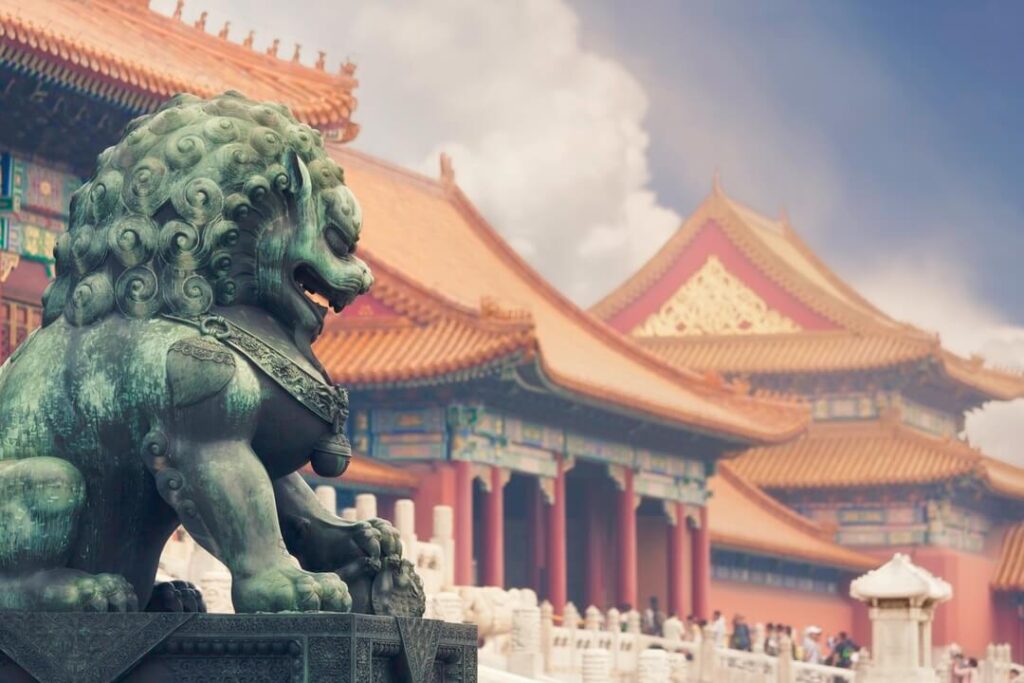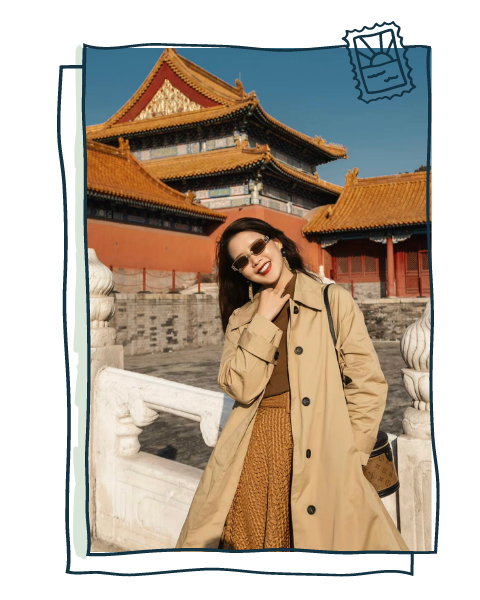China, with its rich and diverse history, has produced some incredible films that showcase Chinese culture. As a movie enthusiast, I have always been fascinated by the dynamic cinematic experience that these films offer. Each movie provides viewers with a unique insight into Chinese traditions, values, and stories that shape the lives of people within the society.
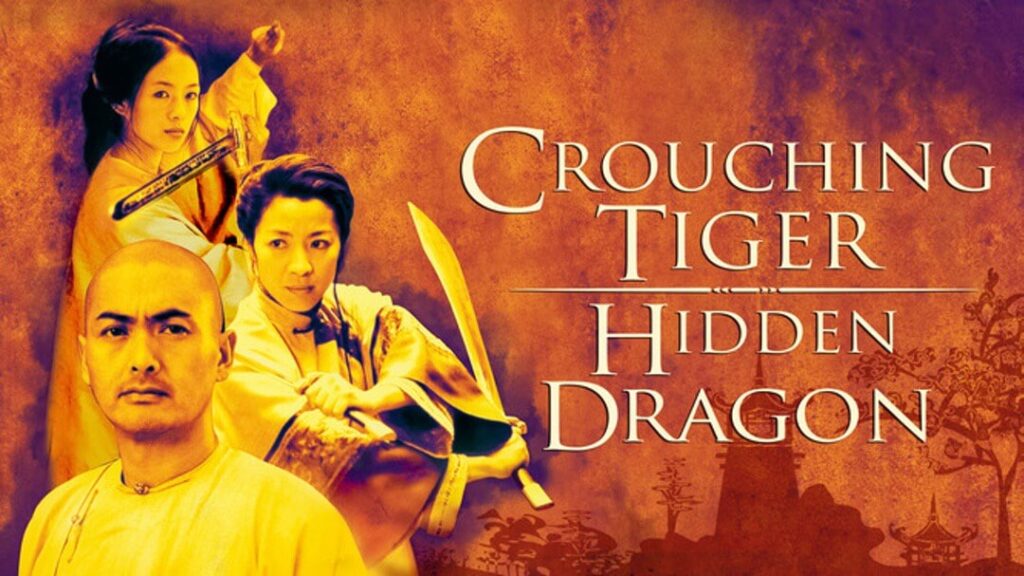
One noteworthy film that presents Chinese culture beautifully is Crouching Tiger Hidden Dragon. Although not historically accurate, this visually stunning martial arts fantasy, directed by Taiwanese filmmaker Ang Lee, is one of the most successful Chinese movies ever made. Another great example is The Last Emperor, which showcases the life story of China’s last emperor, Pu Yi.
By exploring these films, I immerse myself in the essence of Chinese culture, gaining a deeper understanding of the people, history, and values that have shaped this fascinating nation. Each film offers a captivating perspective into Chinese life, sparking curiosity and appreciation for this rich and diverse culture.
Chinese Culture Depicted in Movies
As a film enthusiast, I’ve come across various movies that showcase the rich history, traditions, and culture of China. In my opinion, some of the best cinematic representations of Chinese culture include Raise the Red Lantern, The Last Emperor, and The Joy Luck Club.
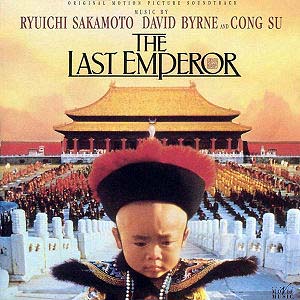
The Last Emperor (1987) is a beautiful film that captures the life story of China’s last emperor, Pu Yi. The movie takes us on an emotional journey through the tumultuous reign that marked the end of the Qing dynasty. This historical epic sheds light on important aspects of Chinese culture, such as politics, dynastic struggles, and the legacy of historical figures.
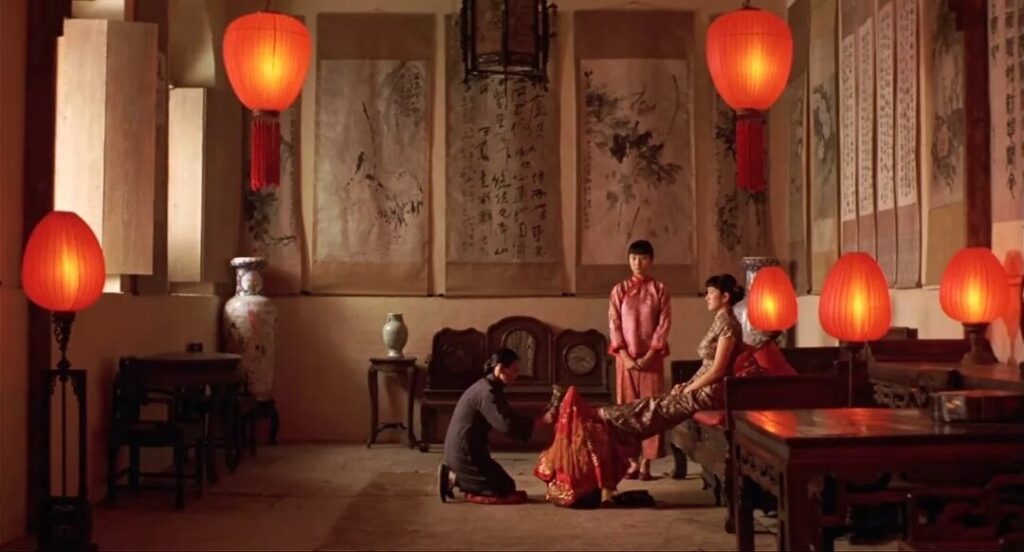
Another fantastic movie that showcases Chinese culture is Raise the Red Lantern (1991). This movie tells the story of Songlian, a young woman who marries a wealthy older man and becomes one of his many wives. The film portrays the complex dynamics and relationships within a traditional Chinese family, highlighting the unique customs still practiced in some parts of China.
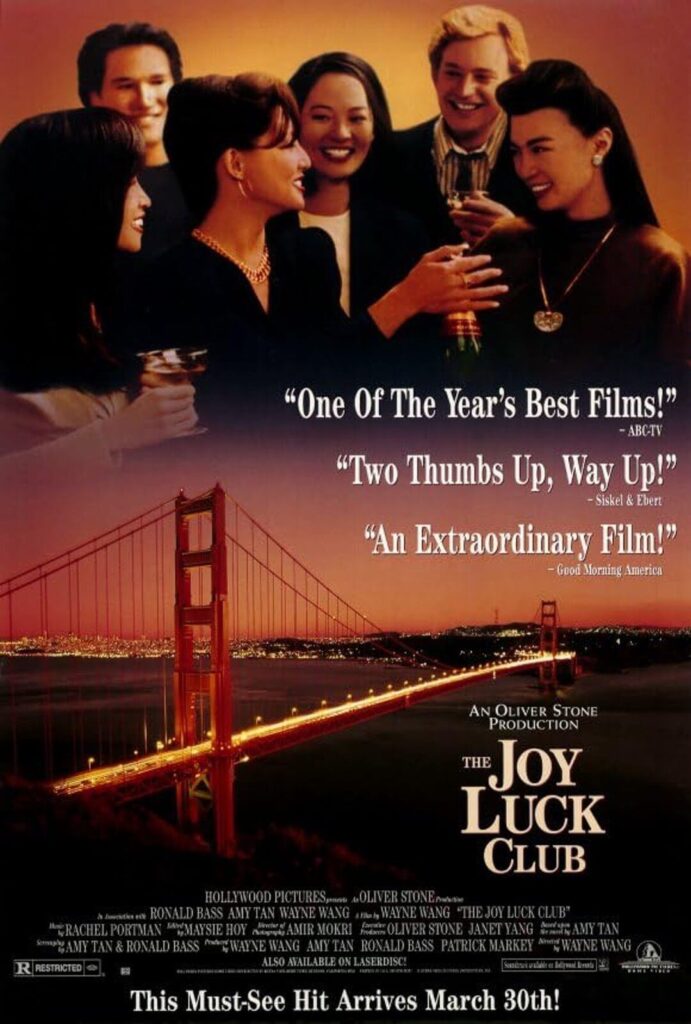
Lastly, one of my all-time favorites is The Joy Luck Club, based on a novel by Amy Tan. The film explores the intricate relationships between women and their mothers, effectively illustrating the differences, similarities, and connections between Chinese culture and the American immigrant experience. This heart-warming drama provides us with significant insights into the lives of Chinese women across generations.
In these movies, I’ve found that filmmakers artfully convey various aspects of Chinese culture – from ancient history to everyday traditions. By watching these films, one can gain a deeper understanding of this incredible civilization that has shaped the world for centuries. Through the lens of cinema, viewers can appreciate the beauty, complexity, and richness of Chinese culture in a captivating and educational way.
Chinese History in Cinema
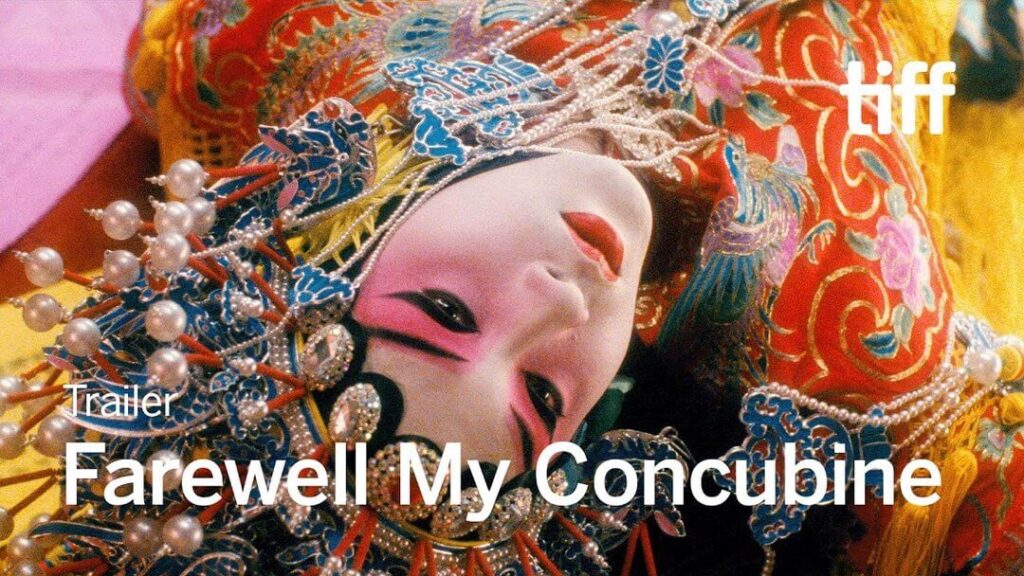
In my quest to explore Chinese culture through cinema, I’ve come across several movies that beautifully portray the rich historical tapestry of China. One such film is Farewell My Concubine (1993), which tells a powerful story of love, loyalty, and betrayal while shedding light on China’s tumultuous history from the 1920s through the Cultural Revolution.
Another notable film is In the Heat of the Sun (1994), which is set in Beijing during the Cultural Revolution. The movie portrays the story of a teenage boy and his friends, offering insight into a significant period of modern Chinese history. As well as exploring the country’s past, I believe it is essential to recognize the influence of martial arts – an integral part of the Chinese culture. Crouching Tiger, Hidden Dragon (2000) is a perfect example of an acclaimed film that marries fantasy, martial arts, and Chinese cultural themes, becoming one of the most successful Chinese movies ever made.
During China’s “golden period” of cinema in the 1930s, several groundbreaking films emerged, such as The Goddess (1934). Directed by Wu Yonggang, this film delves into the life of a working-class woman and bravely highlights social issues faced by many during this era.
In my experience, watching Chinese historical films has not only broadened my understanding of the country’s rich culture but also allowed me to appreciate the talent and creativity of Chinese filmmakers. I encourage those interested in learning about Chinese history and culture to explore these films and more, as they provide a fascinating window into China’s incredible past.
Influence of Confucianism and Taoism
In my exploration of Chinese culture through films, I came to realize the profound influence of Confucianism and Taoism on various aspects of the culture, including cinema. These two pillars of ancient Chinese society not only impacted spirituality, but also government, science, the arts, and social structure source.
Confucianism, founded by the philosopher Confucius, emphasizes the values of respect, loyalty, and morality. I noticed that in Chinese films, Confucian values often play a significant role in shaping the characters’ actions and decisions. Family loyalty, filial piety, and the moral compass of the protagonists are often rooted in Confucian thought source.
On the other hand, I observed that Taoism, which developed in China around the 4th or 3rd century BC, is often portrayed more subtly in Chinese films source. Taoism seeks harmony with nature and focuses on the balance of opposites, such as yin and yang. This is evident in the way Chinese films demonstrate the balance between action and calm, strength and softness, and light and darkness.
When I watch Chinese films, I appreciate how the filmmakers artfully blend Confucianism and Taoism, creating rich and complex stories that are deeply rooted in these ancient philosophies. As these films showcase the unique aspects of Chinese culture, they serve as a valuable reminder of the enduring influence of Confucianism and Taoism in Chinese cinema and beyond.
Noteworthy Directors
Zhang Yimou
As a prominent figure in Chinese cinema, I am always amazed by the works of Zhang Yimou. His films are known for their visual beauty, rich colors, and outstanding cinematography. Some of his remarkable films include “Raise the Red Lantern,” “Hero,” and “House of Flying Daggers.” Zhang Yimou has been successful in portraying Chinese culture and history through his distinctive storytelling style, which makes him one of my favorite directors.
Chen Kaige
Another influential director I admire is Chen Kaige. His films often tackle the impact of societal changes on people’s lives. Chen’s “Farewell My Concubine” is a masterpiece that portrays the difficulties faced by two Peking Opera actors during China’s turbulent 20th century. Chen’s ability to capture the complexities of Chinese culture and its transformation over time makes his work truly remarkable.
Wong Kar-wai
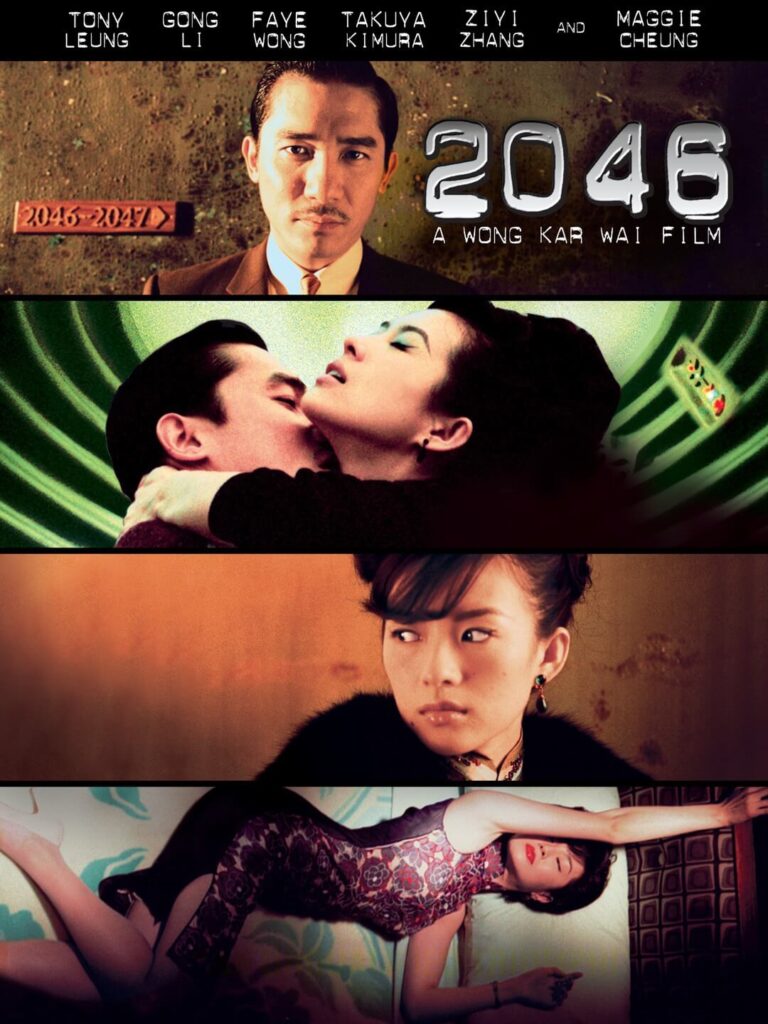
Lastly, I cannot help but appreciate the works of Wong Kar-wai. With his unique visual style and unconventional storytelling, Wong has become a renowned director in both Asian and international cinema. His films like “In the Mood for Love,” “Chungking Express,” and “2046” showcase his distinctive take on relationships, emotions, and urban life. His attention to detail and the use of recurring themes in his movies deeply resonate with me, making him an essential figure in understanding Chinese culture through cinema.
Top Movies and Analysis
Crouching Tiger, Hidden Dragon
I believe that “Crouching Tiger, Hidden Dragon” (2000) is one of the best movies to understand Chinese culture, even though it is a work of fiction. Helmed by Taiwanese filmmaker Ang Lee, this martial arts fantasy is one of the most successful Chinese movies ever made. The beautiful cinematography and captivating storyline make it an excellent introduction to Chinese culture, as seen in its depiction of tradition, martial arts, and the fictional Qing dynasty setting.
Raise the Red Lantern
“Raise the Red Lantern” (1991) is another exceptional film to learn about Chinese culture. Set in the 1920s, the film explores the life of a young woman who becomes the fourth wife of a wealthy nobleman. The movie provides a deep insight into traditional Chinese customs, gender roles, and familial relationships. It also showcases the intricacies of daily life in a traditional aristocratic household. The film’s striking visuals and powerful performances make it a must-watch for those interested in understanding Chinese culture.
In the Mood for Love
Last but not least, “In the Mood for Love” (2000) is a mesmerizing film that dives into the complexities of love, relationships, and social restrictions in Hong Kong during the 1960s. Directed by Wong Kar-wai, this romantic drama follows two neighbors, played by Tony Leung and Maggie Cheung, as they grapple with their feelings for each other while adhering to societal norms and expectations. The film’s exquisite cinematography, along with its authentic portrayal of Chinese customs, traditions, and fashion, offers a captivating glimpse into Hong Kong’s unique cultural identity.
Impact on Global Cinema
As someone who follows the international film industry closely, I’ve noticed that Chinese culture has made a significant impact on global cinema in recent years. There has been a growth in the number of Hollywood movies that feature Chinese culture and language. This is due to the continuous effort of Hollywood to connect with Chinese audiences as well as an increase in collaborations between Chinese and foreign filmmakers.
One notable example that comes to my mind is the film “Crouching Tiger, Hidden Dragon” directed by Ang Lee. This captivating film skillfully blended Chinese martial arts with a beautifully told emotional story, which made it a massive success both in China and internationally. It went on to win four Academy Awards and truly showed that movies rooted in Chinese culture can be appreciated and enjoyed by global audiences.
As the Chinese film market continues to grow, I’ve observed that this increasing interest in Chinese culture has also led to the production of more Chinese films that hold global appeal. In addition, there is a concerted effort by the Chinese government to make the country a “strong film power” like the US by 2035. To achieve this, they plan to produce 100 movies each year that would earn more than $15 million.
But it’s not just about the numbers. As I explore more movies, I find that many films that allow audiences to better understand China have been released in recent years. These films range from martial arts epics, animated classics, to gripping documentaries. Each presents an opportunity for viewers from around the world to learn more about Chinese history, tradition, and contemporary culture.
As a movie buff, I am excited to see how Chinese culture continues to impact global cinema in the years to come. With the ongoing collaborations, increased interest from international audiences, and China’s goal to become a strong film power, I am confident that the future of Chinese cinema on the global stage will be nothing short of fascinating.
Challenges and Controversy
As someone who is familiar with Chinese cinema, I have noticed a few challenges and controversies surrounding some of the best movies about Chinese culture. For instance, the incorporation of historical events and cultural authenticity in films often causes disagreements among audiences and critics.
One example is the recent live-action adaptation of Disney’s “Mulan“. The film faced backlash for its portrayal of Chinese history and cultural inaccuracies. In an attempt to cater to international markets, certain aspects of the original legend got lost in translation, upsetting audiences in both China and abroad.
Another challenge in Chinese cinema is the portrayal of politics and censorship. Several films, such as “Unsilenced“, address themes of oppression and dissent, resulting in censorship or limited distribution within China itself. Filmmakers face the difficulty of depicting social issues while navigating strict regulations imposed by the Chinese government.
Moreover, Chinese filmmakers who collaborate with international studios also face the challenge of preserving and showcasing their culture. For instance, some Hollywood movies have recently incorporated Chinese culture and language, but occasionally, these efforts miss the mark or appear tokenistic. Working together across cultural lines and avoiding misrepresentation remains an ongoing challenge.
Although our journey through the best movies about Chinese culture is bound to meet these challenges and controversies, I believe that appreciating and understanding these issues only deepens our connection to the rich history, people, and stories of China.
Conclusions
In my exploration of the best movies about Chinese culture, I’ve discovered a wide range of films that showcase the rich history, traditions, and societal changes in China. These movies not only entertain but can also provide valuable insights into the Chinese way of living, values, and beliefs.
Crouching Tiger, Hidden Dragon is a beautiful martial arts fantasy film directed by Ang Lee. Although not historically accurate, it’s one of the most successful Chinese movies ever made, demonstrating the artistry and skill involved in the Chinese martial arts tradition.
Another movie that highlights a significant period in Chinese history is In the Heat of the Sun. Set in Beijing during the Cultural Revolution days, it follows the coming-of-age story of a teenage boy and his friends, offering a glimpse into how China’s political and social landscape changed during that time.
To better understand China’s tumultuous politics of the 20th century, watching the Cannes Palme D’Or-winning film, Farewell My Concubine, is a must. This movie portrays the life and struggles of opera singers whose lives are affected by the rapidly shifting political climate.
I hope my exploration of these movies has piqued your interest in understanding and appreciating Chinese culture. Each film offers an engaging and distinct perspective that allows viewers to dive deeper into the complexities and beauty of China and its people.

